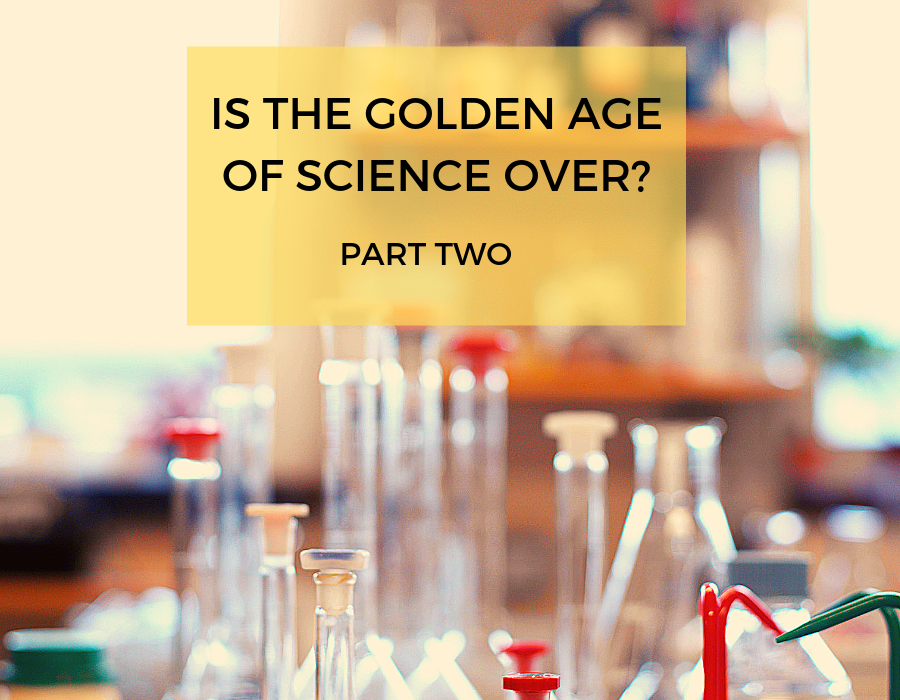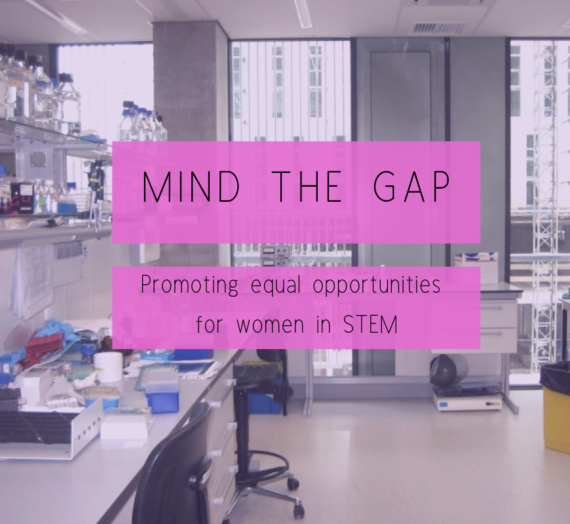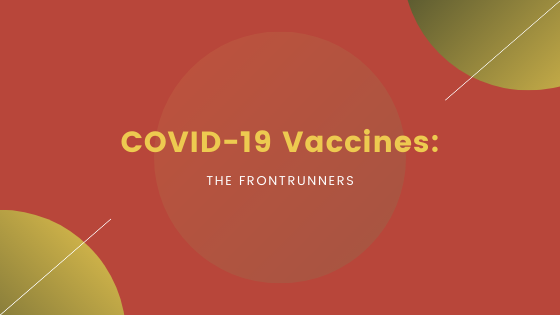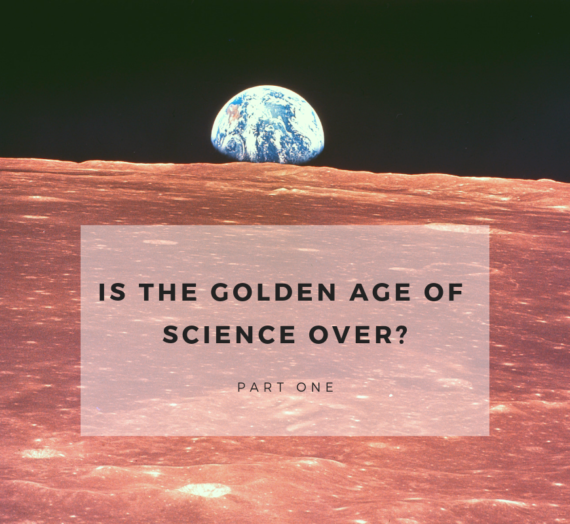Continuing from last week’s post, Mariam continues to investigate more reasons why there’s been a growing a gap within the public relationship with science. Are scientific institutions to blame?
According to researchers and academics, scientific publishing has proven to have at least 7 key issues:
- Money issues: the funding of scientific research has become a problem, as some sciences have been prioritised over others (biomedical research being one of the most funded research areas) and grants are prioritised for “safe” research which produces statistically significant results. This pushes the scientist to stick to safe and publishable research or the scientist can induce biases on their research to ensure they present statistically significant results.
- Problems with study design: Some scientists have reported that due to the aforementioned issues with funding, research study designs have been subject to biases to ensure that the study will yield significant results, before any data is collected. This is via a variety of methods including: the randomization of participants (or not), using a control group for comparison of results (or not), or controlling for certain confounding factors but not others.
- The lack of reproducibility of results: new research is published online almost every day, but out of these papers only a fraction of these studies has been successfully replicated. Sometimes the study design isn’t clear enough to repeat. On the other hand, older studies are seldom repeated because funding usually goes towards novel research. This is a clear issue because, a lot of research isn’t repeated to ensure that the study design is refined or checked for serious errors.

- The flawed peer review system; (I’m sure you’ve seen many complaints on Twitter regarding this if you’re even remotely connected to science) The peer review system is one that many scientists would like to overhaul because researchers aren’t paid to peer review an article and this results in low-quality research and errors getting through to publication. Or that some researchers hold biases against an institution or a researcher and this results in “peer review bullying” where the reviewer leaves rude, rushed or unhelpful comments.
- The argument between closed and open access research: paywalls prevent the sharing of science, especially towards scientists who cannot afford to pay for subscriptions to scientific journals such as Elsevier and The Lancet
- The flaws in science communication, specifically, the overhyping of not-so-significant research: For science to progress it needs to be communicated, and communicated very well, so that everyone can understand it regardless of their social/economic/educational background. But this sometime leads to the miscommunication of some research in the media and therefore harming the public comprehension of science.
- The pressures and stresses that young science academics experience daily in their research groups. Although this isn’t something I’ve personally experience, some of my friends have publicly expressed their difficult situations on social media – be it troubles from their colleagues in the lab or their supervisors. This creates a toxic environment for the scientist. Which frankly, drives them away from a career in academia altogether.

It’s become easier to spot the faults in the scientific process than to appreciate the heights that science reaches every day because the process has become so outdated and riddled with biases that hinder the sharing of science with society.
From the (smaller scale) politics within academia, to external (larger scale) political influences, we need to remind ourselves that science is political, and the two fields cannot be separated from one another. Even the Space Race was driven by politics, the US and USSR both trying to demonstrate their power over one another leading to an eventual collaboration. Politics continually drive science both internally within scientific institutions and externally through the government and research funders which control which research gets granted funding.
So, our connection to science hasn’t been completely broken. We’re just not as excited with advances in science and technology because the most vital of discoveries have already happened and scientists are continually building upon them every day. This doesn’t mean we don’t appreciate it, but it’s no longer unexpected. At the same time, political interventions and socioeconomic disparities can drive people away from engaging with science or even understanding the difference between fake science and real science.
Don’t forget to check out Mariam’s blog at Crystals & Catalysts, and be sure to follow her on Facebook, Instagram and Twitter





Emily G
Thanks for a great read, Mariam. My thesis will explore creation of doubt about science – agnotology -probably to do with the HPV vaccine.
crystalsandcatalysts
Thank you, Emily, I’m glad you enjoyed reading my article! Your thesis sounds really interesting and I’d love to read it 🙂